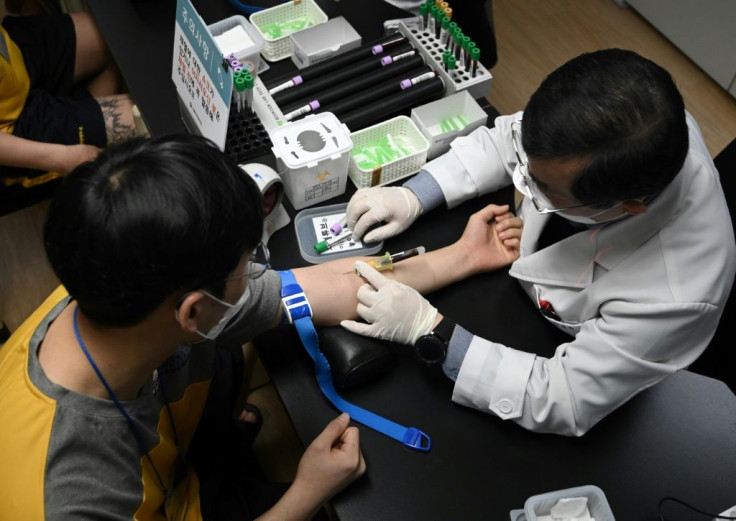Coronavirus Testing: Genes Can Determine If One's At A Higher Risk For Fatal COVID-19
There is no way yet of knowing how many individuals have been exposed to the deadly novel coronavirus. While many develop symptoms and suffer from a severe illness that needs hospitalization, a significant proportion can fend off the infection even without exhibiting any symptoms.
There arises a big question: why do some people have a harder time with the SARS-CoV-2 compared to the rest?
The genetic variations in one’s immune system might play a huge role in explaining that, according to a recent study.
The findings of the study published in the American Society for Microbiology suggested that some immune systems are less capable of recognizing the infection compared to the rest. Such a diminished ability to recognize a pathogen such as the coronavirus can make one more susceptible to developing the symptoms. It might also be the reason why a person might experience severe symptoms that require hospitalization and intensive care.
The researchers from Oregon Health & Science University and the Portland VA Research Foundation suggested that Human leukocyte antigen (HLA) gene variation might make some individuals more vulnerable to COVID-19. The study focused on the immune system genes that are highly involved in the immune system’s ability to recognize pathogens. The HLA genes come in a variety of forms and vary from an individual to another.
“In particular, understanding how variation in HLA [a component of the immune system containing multiple genes] may affect the course of COVID-19 could help identify individuals at higher risk from the disease,” the Ladders quoted the study authors.
Their research indicates that several immune system gene variations linked to HLAs might influence one’s ability to respond and fight SARAS-CoV-2 infection. They also suggested that some alternative HLA gene forms appear to be associated with severe manifestations of the disease in some patients.
In the past, a similar conclusion had been made regarding severe cases of the SARS virus. Thus, the authors believe that their findings are not completely without precedent.
“This is the first study to report global distributions of HLA types and haplotypes with potential epidemiological ramifications in the setting of the current pandemic. HLA typing can be fast and inexpensive. Pairing HLA typing with COVID-19 testing where feasible could improve assessment of viral severity in the population. Following the development of a vaccine against SARS-CoV-2, the virus that causes COVID-19, individuals with high-risk HLA types could be prioritized for vaccination,” the authors concluded.

© Copyright IBTimes 2025. All rights reserved.






















